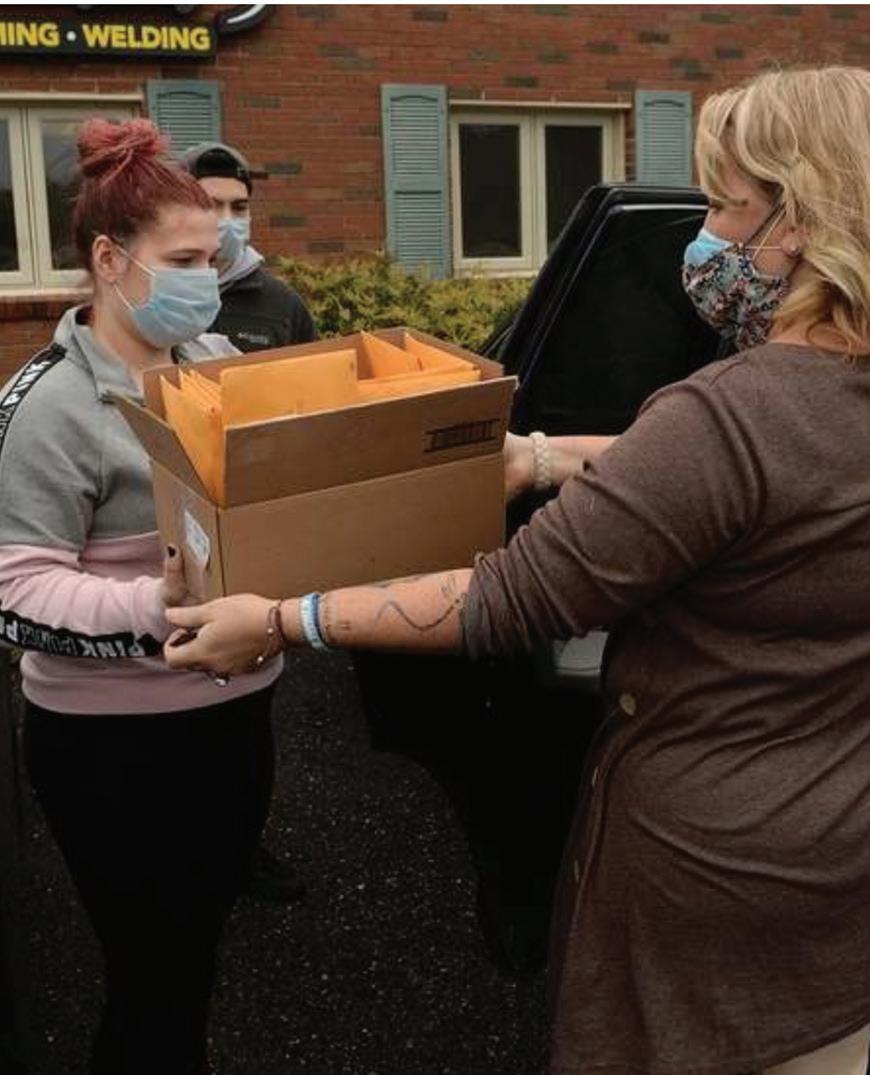
3 minute read
Changing plans, people, technology ... And a tiny virus
Not long ago at the Partners in Progress Conference, Nate Scott and Clark Ellis of Continuum Advisory Group warned that today’s world brings many risks and that we were closer to the next recession than the last one. Still, at the time: the United States economy was in the midst of its longest expansion in history (127 months); unemployment was at a cycle low of 3.5%; non-residential construction had grown every year since 2011 to a level 10% above the peak in 2007; and economic forecasters felt the risk of a national economic recession had diminished.
Within two weeks, a full-blown pandemic hit the entire world, closed borders, halted most construction, and changed all the rules. By the end of March, construction industry employment had declined by 29,000—up to 6.9%. And while that sounds bad, employment reports in future months are likely to be even worse.
According to Engineering News-Record magazine, “With fears related to COVID-19 and the resulting economic uncertainty, the future is ‘cloudy at best.’” Richard Branch, chief economist at Dodge Data & Analytics, expects a recession to persist into the second and third quarters of 2020. Yet SMACNA contractors and their labor partners in places like Philadelphia, Indianapolis, Chicago, New York, and California are putting in extra hours working on essential jobs, such as building field hospitals.
How can we as a labor-management partnership work together to weather this storm and create solutions that make us nimble enough to face whatever the future brings? Stanley McChrystal, a former United States Army general and founder of the McChrystal Group, recounted in a recent New York Times article that after 9/11, the Army had to redesign how the organization communicated, shared information, made decisions, and maintained a cohesive culture.
A place to start is putting people first—as we covered in the February issue and we see every day as we redesign work processes to ensure greater spacing between each person on a job site, provide hand sanitizers and face masks, and use more video conferencing and telecommuting. SMACNA, SMART, and SMOHIT all have COVID-19 Information and Resources posted to their websites and arriving in inboxes daily.
Demonstrating this commitment, Hillery Company, a SMACNA-member metal fabrication shop in Groton, Connecticut, and Local 40 craftspersons volunteered to cut metal nose strips to make homemade face masks more effective. The project started with 50 nose strips and has blossomed into requests from more than 3,000 people across the country for 150,000 metal nose strips. (Check our social media and a future issue for more information.)
As of April 9, SMACNA-member fabrication shop Hillery Company and Local 40 craftspersons have sent out approximately 1,000 separate orders for 150,000 items.
The demand has become so large that SMART stepped in to coordinate orders and send them to Locals and contractors who are willing to donate their services. (See the ad on the back page of this issue and email editor@pinpmagazine.org to volunteer your services or visit actionnetwork.org/forms/nosepiece-request-form.)
Another thing to do is to be efficient as possible by using new technologies. That is what this issue of Partners in Progress is all about—ways that SMACNA and SMART are working together to adapt to a changing future. When you can take a break from the COVID-19 coverage, delve into the information here. As SMART General President Joe Sellers said at the Partners in Progress Conference, “we are uniquely positioned to become the single source provider in construction.”
We will make it through this period that defies comparison— together—and come out the other side into a better place. After all, as NFL coach Herm Edwards said as he closed the 2020 Partners in Progress Conference, “If you can’t change the plan, it’s a bad plan.” ▪






